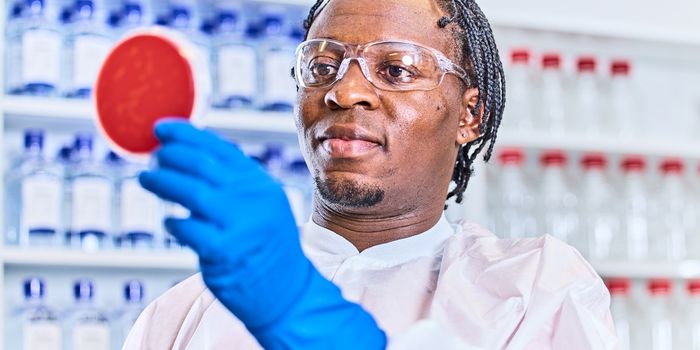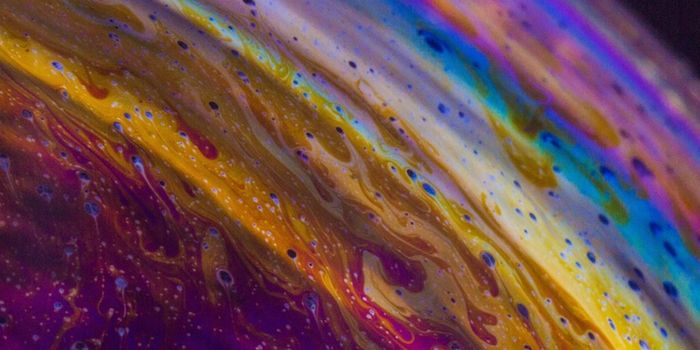Scientists Discover Why Arteries Harden & Find a Potential Treatment
As we get older, our arteries slowly begin to stiffen and then harden, which can lead to a variety of serious complications, including restricted blood flow to organs, arterial disease, or aneurysms. Now scientists have found the cellular mechanism that underlies the process, and they have also shown that a drug that's already approved for acne can treat the problem. The findings have been published in Cell Reports.
"Artery hardening happens to everyone as they age, and is accelerated in patients on dialysis, where even children develop calcified arteries. But up until now, we haven't known what controls this process and therefore how to treat it," explained the study co-leader Professor Melinda Duer of the University of Cambridge's Department of Chemistry.
The researchers determined that a molecule that's known for its role in DNA repair also promotes the calcification of arteries. Earlier research by this team has shown that poly(ADP ribose) or PAR is able to exit the cell to help with bone production. That result led them to hypothesize that PAR is involved in artery hardening.
"This hardening, or biomineralization, is essential for the production of bone, but in arteries, it underlies a lot of cardiovascular disease and other diseases associated with aging like dementia," said study co-leader Professor Cathy Shanahan of King's College London.
The scientists used NMR spectroscopy to show that cells under stress will release PAR as they die. PAR can then form a strong attachment to calcium ions, and collects the ions into large droplets that then stick to the parts of arteries that make them elastic. The calcium droplets solidify there, making the arteries hard.
Now that the team had connected PAR to artery calcification, they looked for a way to inhibit the process. They turned to a rat model of chronic kidney disease to show that a common acne medication called minocycline can prevent calcium from accumulating in the circulatory system. They are hopeful that trials with patients can proceed in twelve to eighteen months.
"We had to find an existing molecule that is cheap and safe, otherwise, it would be decades before we would get a treatment," said Shanahan. "If something has already been shown to be safe in humans, the journey to the clinic can be much faster."
Learn more about peripheral artery disease from the video.
"Blood vessel calcification is a well-known risk factor for several heart and circulatory diseases, and can lead to high blood pressure and ultimately, a life-threatening heart attack," said Professor Jeremy Pearson, Associate Medical Director at the British Heart Foundation. "Now, researchers have shown how calcification of the walls of blood vessels takes place, and how the process differs from normal bone formation. By doing so, they have been able to identify a potential treatment to reduce blood vessel calcification without any adverse effects on bone. This type of treatment would benefit many people, and we eagerly await the results of the anticipated clinical trials looking at whether this drug lives up to its early promise."
Sources: AAAS/Eurekalert! via University of Cambridge, Cell Reports









